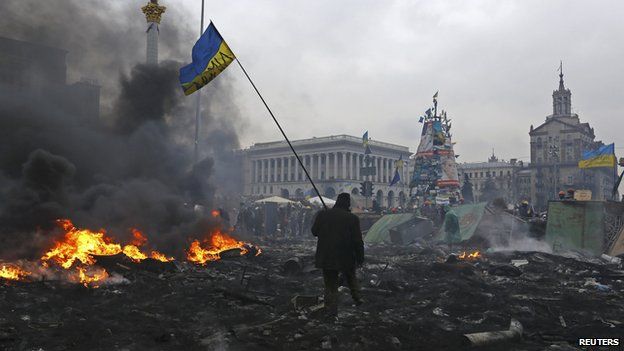Author: Michael R. Gordon
Affiliations: The Wall Street Journal (National Security Correspondent), Moscow Bureau Chief for the New York Times (1996-2000)
Organization/Publisher: The Wall Street Journal
Date/Place: February 23, 2022/USA
Type of Literature: Analysis
Word Count: 1820
Keywords: Russia, Ukraine, U.S., China, World Order
Brief:
The Russian invasion of Ukraine marks a new arena in the international order where three major powers struggle for positions that challenge America’s post-Cold War global hegemony. However, the challenges that the US and its European allies face are different from those they faced during the Cold War. Russia and China now cooperate more than during the Cold War era and have built strong solidarity in confronting the West and diminishing US power. Russia today is a critical gas supplier to Europe; China isn’t a poor and war-torn partner but the world’s “manufacturing powerhouse with an expanding military.” By ordering a “special military operation,” Russian President Vladimir Putin demanded the Western world to revise the post-Cold War European security arrangements. Despite Western objections and severe economic sanctions, he has exhibited Russia’s military capability to enforce its will. In this process, Putin sent Russian military units from borders with China to demonstrate his confidence in relations with China. Even though Russia and China are coordinating their efforts to reform the global order in ways that promote their advantage, they don’t have a formal framework of alliance, except shared antipathy to the Western world. As a result, the US faces two distinct enemies simultaneously in parts of the world where it has friends and enormous political and economic interests. At this juncture, the US government has to face big decisions on whether to revise its priorities, increase military spending, require allies to contribute more, increase overseas military deployment, and diversify energy sources to decrease Europe’s dependence on Russia.
By: Jemal Muhamed, CIGA Research Associate




